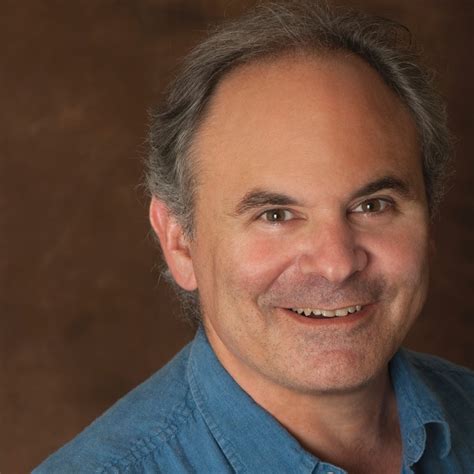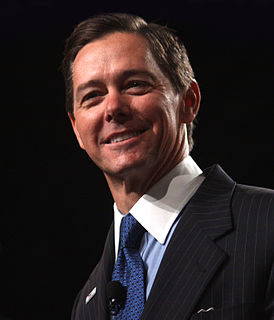A Quote by Sharon Salzberg
We don’t need any sort of religious orientation to lead a life that is ethical, compassionate & kind.
Quote Topics
Related Quotes
Could we take anxiety to be something that may be of importance, may even be meaningful? And it says something about your history, and could we learn to sort of hold it in a way that's more compassionate, to sort of bring the frightened part of you close and treat it with some dignity, and keep focused instead on what kind of life you want to live connected to what kind of meaning and purpose. That's going to be a quicker, more self-compassionate and more certain journey forward inside things like panic disorder.
The zealous disdain for religion in American jurisprudence amounts to intolerance. Keith Fournier of the American Center for Law and Justice concludes that 'the ones not being tolerated are religious people who dare make any kind of religious reference or take any kind of religious posture outside the private arena.
In contemporary society secular humanism has been singled out by critics and proponents alike as a position sharply distinguishable from any religious formulation. Religious fundamentalists in the United States have waged a campaign against secular humanism, claiming that it is a rival "religion" and seeking to root it out from American public life. Secular humanism is avowedly non-religious. It is a eupraxsophy (good practical wisdom), which draws its basic principles and ethical values from science, ethics, and philosophy.
But this cheap-thrill version, this sort of ease definition, the feel-good definition of happiness is an empty promise. Unless we get wiser as to how to carry the difficulties of life in a way that's self-compassionate and empowering, we can create this kind of world in which we'd rather sort of plug into the matrix with whatever pills or escapist tendencies we can think of instead of walking through a process of living that's going to include loss. It's going to include limitations on function. We need to learn and teach our children how to do that.
The twentieth-century conservative is concerned, first of all, for the regeneration of the spirit and character – with the perennial problem of the inner order of the soul, the restoration of the ethical understanding, and the religious sanction upon which any life worth living is founded. This is conservatism at its highest.


































